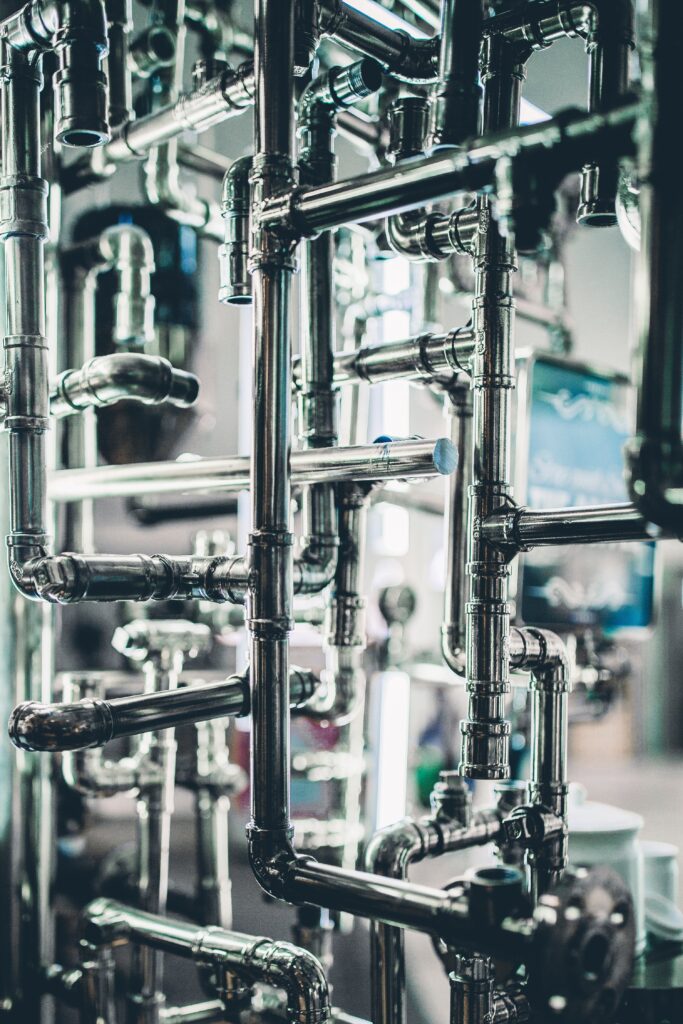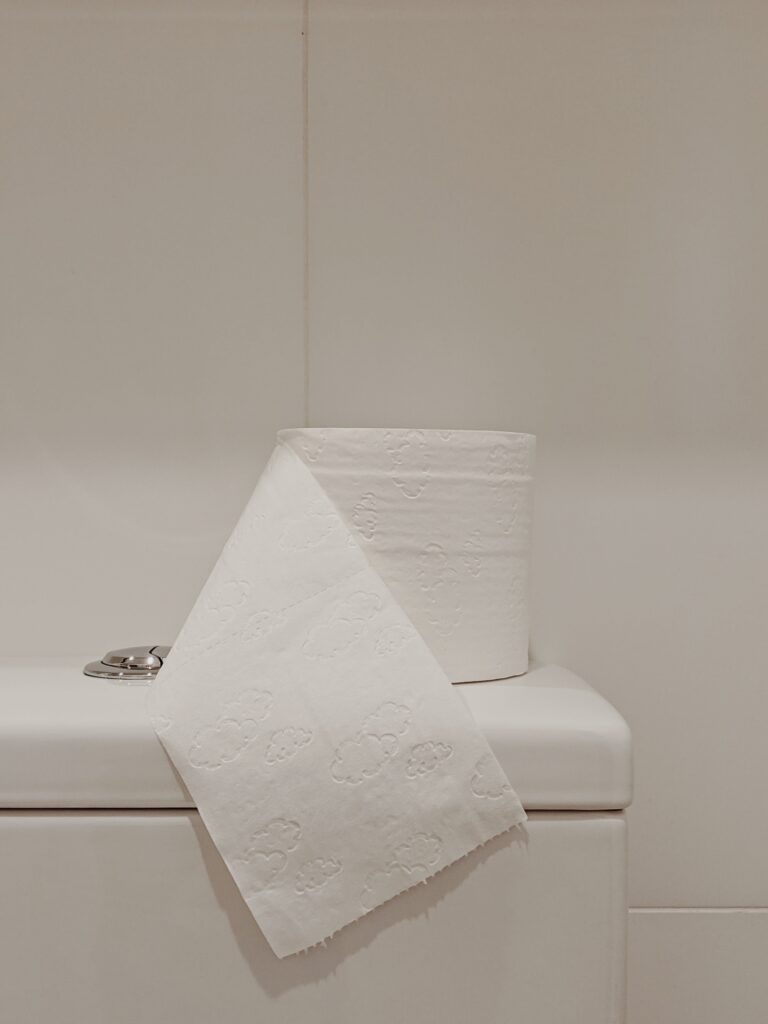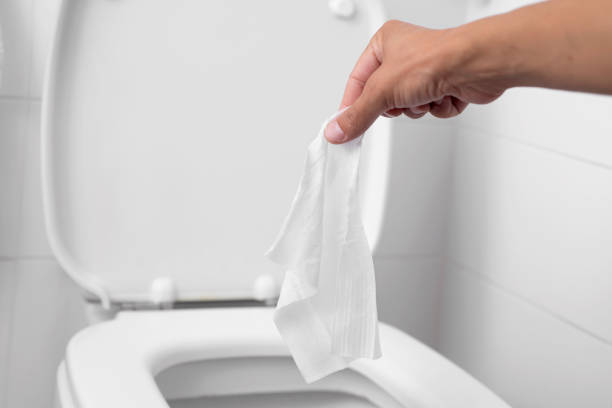Intro
Flushable wipes have become a popular alternative to traditional toilet paper, marketed as a more efficient and hygienic way to clean up after using the bathroom. However, as their popularity has grown, so has the debate surrounding their flushability. Many people are questioning whether these wipes are truly flushable or if they can cause harm to plumbing systems and the environment. In this blog post, we will dive into the hotly contested topic of flushable wipes and explore what experts have to say about their true flushability.
What is a Flushable Wipe?
In our quest for convenience and cleanliness, many of us have encountered a product known as the flushable wipe. With an enticing allure of freshness and disposal simplicity, these moistened towelettes have found their way into the routines of countless consumers. So, what exactly is a flushable wipe?
Flushable wipes are marketed as an easy-to-use, hygienic alternative to your run-of-the-mill toilet paper. Unlike their dry counterparts, these wipes come pre-moistened, providing a sensation of cool cleanliness that many users have come to love. From baby care to personal hygiene and even house cleaning, they’ve garnered widespread usage across a variety of daily tasks.
Despite the name, their disposability isn’t as straightforward as you might expect. The moniker “flushable” would lead you to believe that, like toilet paper, they can be conveniently disposed of by simply sending them down the toilet bowl. But as we’ll see later on, the reality of their flushability is a topic of heated debate.
What sets these wipes apart from regular toilet paper is their construction. Comprised of synthetic fibers, these wipes are designed to withstand a degree of wear and tear that standard toilet paper would crumble under. It’s this durable nature, combined with their comforting coolness and convenience, that has consumers reaching for them time and time again. But could this durability be causing more harm than good when it comes to our plumbing? Stay tuned as we delve deeper into this intriguing debate.
Are Flushable Wipes Really Flushable?
Let’s dissect this loaded question: Are flushable wipes really flushable? With product labels screaming “safe to flush,” it’s understandable why many consumers wouldn’t give it a second thought. However, evidence indicates that these seemingly innocent hygiene companions might not be so friendly to our pipes.
The crux of the matter lies in the composition of these wipes. In contrast to toilet paper’s swift disintegration in water, flushable wipes are manufactured from sturdy synthetic fibers. Their very design, which is meant to withstand a certain level of wear and tear, makes them more resilient and less likely to break down when immersed in water.
This resiliency proves troublesome when they venture down our toilets and into our sewer systems. Flushable wipes, holding strong in the face of rushing water, often remain intact long after their descent. Instead of peacefully dissolving like their toilet paper counterparts, they can bunch together and form blockages. And as more wipes join the party, these blockages can turn into behemoths that wreak havoc on plumbing systems.
Imagine a knot of sturdy, wet wipes stubbornly lodged in your home’s pipes or the city’s sewer system. The sight isn’t pretty, and neither is the price tag for the plumbing intervention that inevitably follows.
So, can flushable wipes be flushed? Technically, yes. But should they be? The answer is not as clear-cut, painting a murky picture that only gets cloudier as we plunge further into the flushable wipes debate.
What Do Experts Say About Flushable Wipes?

When we turn to those who battle on the frontlines of sewer and plumbing systems, their take on flushable wipes is far from favorable. Many experts, ranging from plumbers to wastewater treatment professionals, echo a shared sentiment: flushable wipes should not be flushed. Despite their seemingly innocent label, these wipes, according to experts, are anything but friendly to our pipes and sewer systems.
Plumbing professionals recount countless instances of blockages caused by the persistent toughness of these wipes, resulting in expensive interventions to undo the damage. The robust synthetic fibers that give flushable wipes their appeal are also what make them a nightmare for our plumbing systems, refusing to break down in water as easily as regular toilet paper.
Wastewater treatment experts, too, are no strangers to the havoc wreaked by flushable wipes. They’ve seen firsthand how these wipes can bunch up and create daunting blockages in our sewer systems, causing significant operational issues. Even worse, the buildup of these wipes can lead to larger issues like sewer backups and infrastructure damage, making them a real threat to the health and sustainability of our sewage systems.
In light of these professional insights, it’s clear that flushable wipes may not live up to their name after all. So the next time you’re tempted to flush that wipe, remember the wisdom of the experts: just because you can, doesn’t mean you should.
Conclusion
As we draw the curtains on this enlightening debate, it’s clear that flushable wipes, despite their touted convenience, can pose significant problems to our plumbing and sewer systems if not disposed of properly. The ultimate takeaway from this discussion is the need for consumers to be more mindful of the potential repercussions of the products we use in our day-to-day lives. While the freshness and easy disposal of flushable wipes can be enticing, we must also consider the bigger picture. These handy towelettes can lead to expensive plumbing mishaps, disruptive sewer blockages, and even considerable damage to our vital infrastructure. So, before you let that wipe take the watery plunge, remember to weigh the immediate convenience against the possible downstream complications. It’s not just about can we flush; it’s about should we flush. This thoughtfulness can help us make more responsible choices, ensuring the longevity of our plumbing systems and contributing to a more sustainable world.


